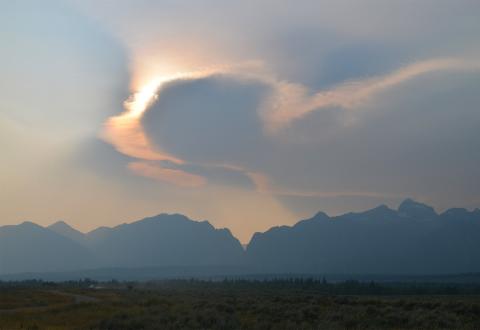
Atmosphere & Climate
Scientific research into climate change, and the biogeochemical cycles associated with it, is a major area of research by faculty members at the University of New Hampshire.
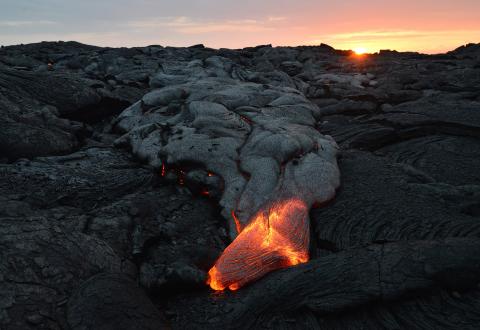
Geochemistry
The state of New Hampshire provides an ideal learning environment for geological research. Evidence of mountain-building, igneous activity, and glaciations are preserved within driving distance of campus. Earth Science faculty and students are also doing research in many other parts of the world including Mexico, Wyoming, Pakistan, New Mexico, Antarctica, China, South Africa, Peru, Argentina and New Guinea.
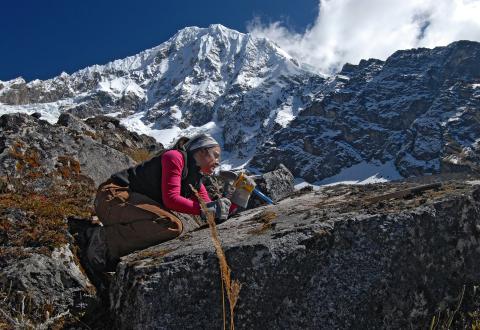
Geology & Geophysics
Faculty and students at UNH are actively engaged in a diverse array of geological research topics. These include earthquake seismology and rock mechanics , bedrock geology, coastal processes, geochemistry, metamorphic petrology, paleoclimatology, paleontology, Quaternary geology, sedimentology/stratigraphy, and structural geology.
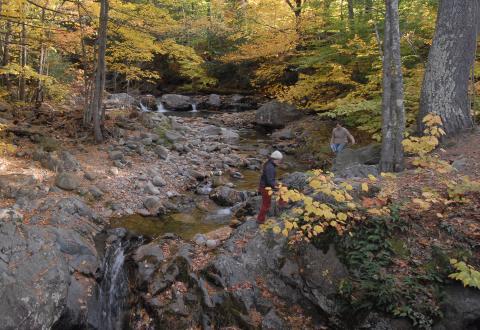
Hydrology
The University of New Hampshire is situated at the confluence of the Oyster River and the Great Bay, one of the most important estuaries in the Gulf of Maine. This natural setting provides an excellent backdrop to current hydrologic research in the areas of water quality, fluvial hydrology, sediment transport, aquifer structure, and groundwater/contaminant transport.
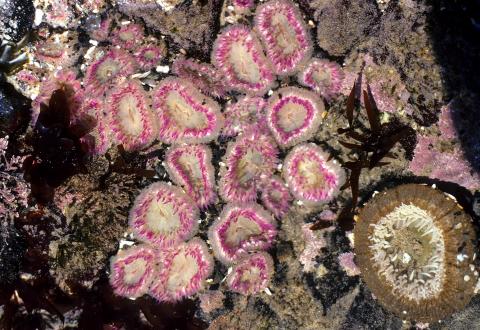
Oceanography
Durham's location along the Gulf of Maine provides an ideal backdrop for oceanographic research at UNH. Research is being conducted in physical, chemical, geological and biological oceanography and includes projects on hydrothermal vent systems along mid-ocean ridges, the cycling of sediments on beaches in New England, mapping of current profiles in the Gulf of Maine, earthquakes on oceanic transform faults and aquaculture.
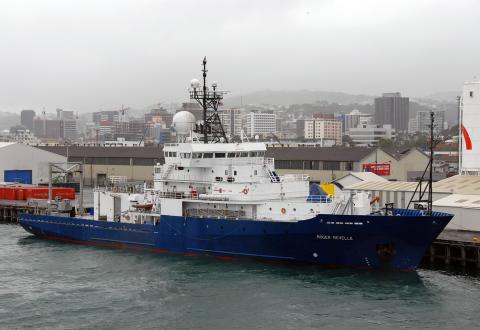
Ocean Mapping
The Center for Coastal and Ocean Mapping/Joint Hydrographic Center (CCOM/JHC) was founded in 1999 with two main objectives: to develop tools to advance ocean mapping and hydrography, and to train the next generation of hydrographers and ocean mappers.